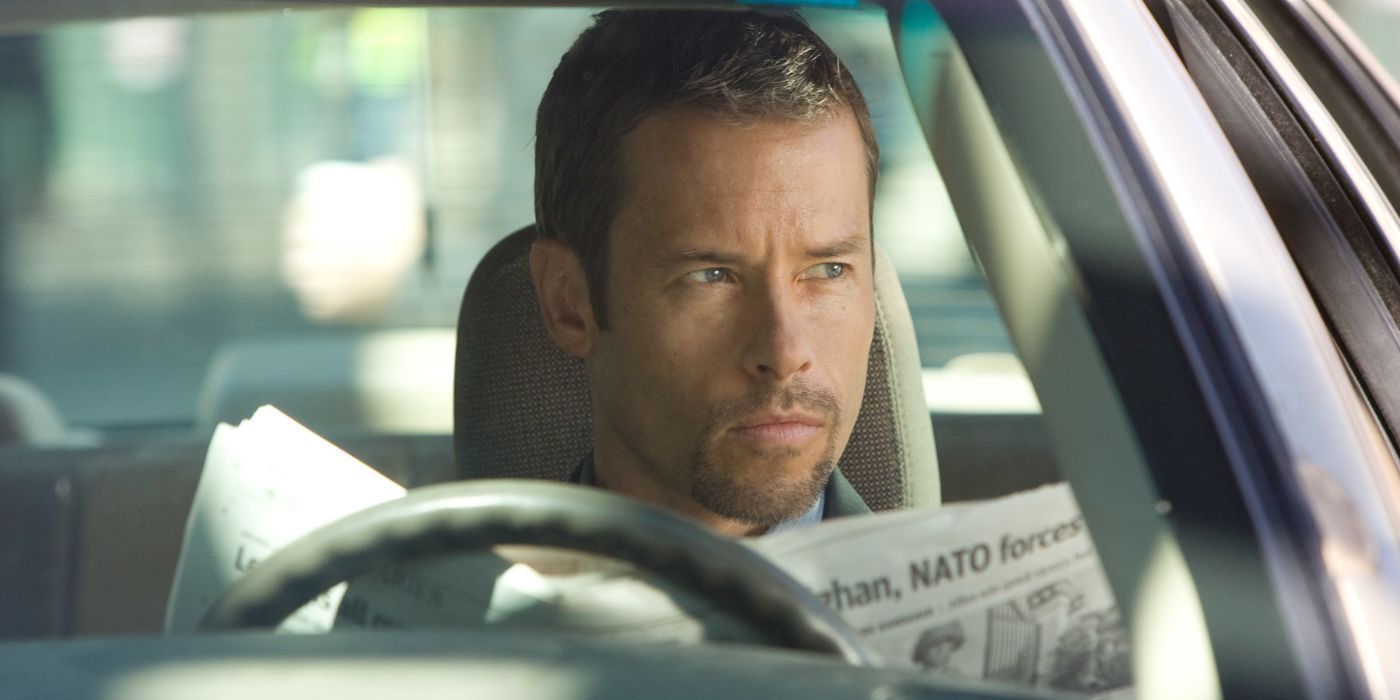What Is ‘Traitor’ About?
Set amidst the intense war in the Middle East, Traitor is a thrilling cat-and-mouse game between two ostensibly “heroic” characters who do not realize that they are on the same side. Cheadle stars as Samir Horn, a Sudanese-American explosives expert who has become a highly valued double agent for the United States military, as he provides critical details about terrorist cells to his employer, Carter (Jeff Daniels). Pearce appears as FBI Special Agent Roy Clayton, who has been tracking extremist movements, and suspects that Samir may have been involved in a recent terrorist attack in Nice, France. Although Carter would have had the opportunity to explain the situation, he is killed by terrorists, forcing Samir to strike out on his own. While Samir is now the target of a manhunt and blamed for a crime that he did not commit, he is also trying to prevent any further atrocities that could claim the lives of innocent people.
Traitor has a brilliant setup because it is a film that has the viewers invested in both characters, even though they are at odds with each other. There is certainly a lot of reason to have sympathy for Samir, as the film goes into detail explaining how his tragic backstory and traumatic family crisis initially led him down a dark path. Either way, it is admirable that he reached his own conclusions about acting in a more righteous way, and proceeded to take active steps to avoid continuous violence. However, Clayton is not just another emotionless suit that is following orders, as he cuts through the noise of the FBI to prevent loss of life. Although he is overly suspicious of what Samir’s true intentions are, his false hypothesis is only based on the limited evidence that is given to him, which speaks more to the incompetence of the FBI than anything else.
Related
Hitchcock masterfully captured the tense complexities of war and survival for an effective thriller.
‘Traitor’ Is a Nuanced War Thriller
Traitor takes a complex look at modern warfare, as it does not suggest that there is an easy solution to a crisis that has been unsolvable. One of the key themes that Martin analyzes in his screenplay is how a lack of communication leads to only further hardships, as it is hard for outliers on either side to reach out to one another. One of the film’s most surprising scenes involves a rare conversation between Samir and Clayton, where they are both shocked to realize that they share many of the same goals. Both men would be the first to admit that they are imperfect, but are tasked with trying to work valiantly within a system that rarely seeks legitimate justice. Samir is trying to break away from the extremist movement that he grew up with, and Clayton is trying to ensure that the FBI acts in the best interest of the people it was sworn to protect and does not seek to just score political wins.
Traitor is both poetic and realistic, as while there is something uplifting about the dynamic that forms between Samir and Clayton, the film does not present any easy solution to a devastating conflict. It’s also highly attentive to details, as Martin’s script examines how fear of domestic terrorism and Islamophobia has only exacerbated tensions in the region. Although Martin will likely be best remembered for his contributions to comedy, Traitor proved that the most truthful, pressing stories can often come from the most surprising places.

 Image via Overture Films
Image via Overture Films










 English (US) ·
English (US) ·